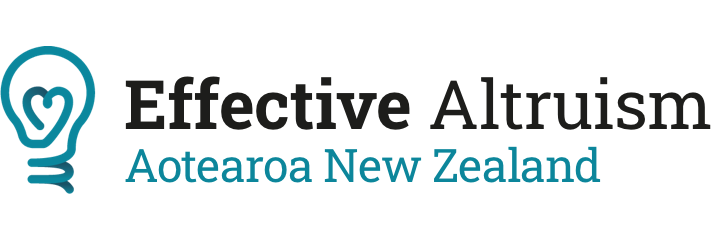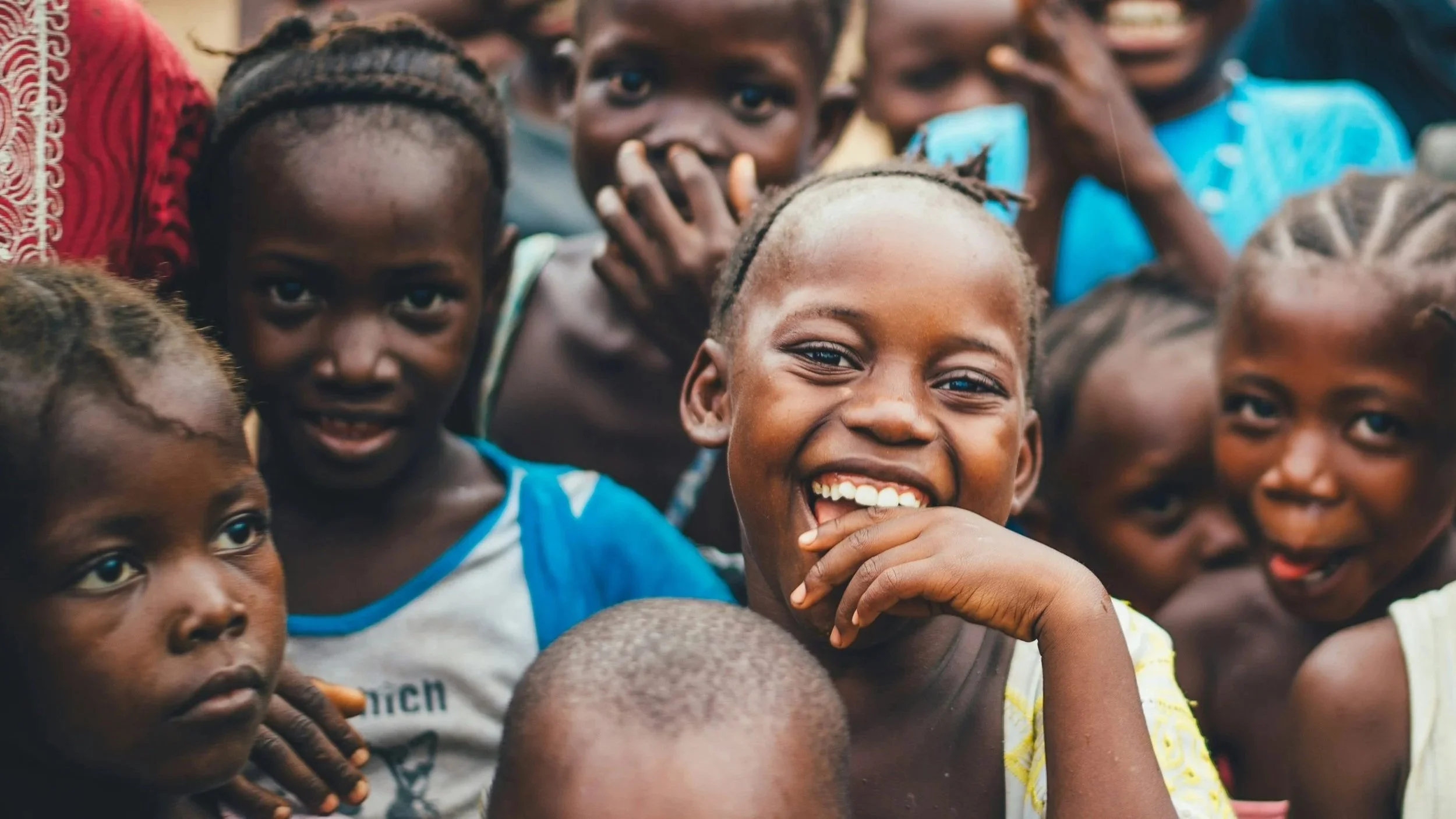How the USAID cuts are affecting our partner charities
How to help and where to donate
As you may have seen, the global health sector has changed dramatically in the past few months.
The suspension of US aid funding has deprived millions of access to essential healthcare services. And despite the government's supposed waiver system for life-saving work, many eligible programmes have been unable secure either waivers or the promised funds.
Given these seismic changes, we wanted to share some of the impacts on our partner charities, and how that might influence your giving. However, there are two important things to keep in mind while considering these factors:
The current landscape is highly unpredictable. Much of the information we share here could change as the situation progresses.
Cost-effectiveness is more important than ever. It is unlikely that all affected programs will be able to resume work. Prioritising the most cost-effective programmes will allow us to reach more people with the same funds.
Impacts on our Partner Charities
Most of our partner charities were not receiving direct USAID funding. but are still feeling the effects. Some are impacted due to portions of programme infrastructure relying on USAID-funded programmes and/or suppliers.
The full extent of these impacts is currently unclear. Below are some of the responses we received from our charity partners:
Against Malaria Foundation
The impact of the USAID cuts on AMF remains uncertain, both in the near and the medium term. It will be some weeks before they are able report on the outcome of recent changes. However, it looks as though there will be larger gaps, which AMF will work to fill by encouraging others to donate.
Rob Mather, founder and CEO, emphasised that, aside and before these changes, the need AMF has is enormous and any and all funds matter and are high impact.
Evidence Action— Deworm the World & Safe Water Now
Evidence Action doesn’t currently receive any funding from USAID, WHO, PEPFAR, or their implementers. Therefore, they don’t expect any direct impacts on their funding at this time. However, there are many implications for Evidence Action’s work, including:
Impacts on country governments and health sectors: Evidence Action are monitoring how their partners may be affected and the implications that could have for their programmes. With many essential health services being severely disrupted, ensuring continuity in Evidence Action’s programmes is critical to support the health and livelihoods of hundreds of millions of people.
Critical shortages impacting served communities: Evidence Action are exploring whether there are gaps caused by funding cuts that might make sense for them to fill. For example, Tanzania has been a potential candidate for their deworming support – and the need may be greater and more urgent now, as their planned deworming this year relied on USAID funding.
GiveDirectly
This year, GiveDirectly planned to send $20 million in life-changing cash transfers to ~38,000 families in extreme poverty, funded by the US government’s foreign aid budget. These funds have now been cut, putting thousands of GiveDirectly recipients at risk of being unable to afford food, medicine, safe housing, and other essential needs.
These cuts have hobbled aid organizations and local delivery networks providing life-saving healthcare, food, and support services to millions of people who cannot otherwise afford them. Despite these disruptions, essential goods like food and medicine are still locally available — which means families urgently need cash to meet their immediate needs.
Helen Keller Intl— Vitamin A Supplementation
All of Helen Keller Intl’s US government-funded projects have been terminated. However, the majority of funding for their vitamin A supplementation (VAS) programme comes from private philanthropic sources.¹ As such, the programme has not been directly impacted by the USAID freeze.
Unfortunately, cuts to other VAS providers have already created major gaps, jeopardising efforts to protect millions of children from preventable disease, blindness, and death. Helen Keller Intl is already active in many of the areas affected by the cuts, and could expand their VAS footprint to fill the gap, given sufficient funding.
Malaria Consortium— Seasonal Malaria Chemoprevention
We have yet to hear back from the Malaria Consortium about any impacts on their SMC programmes. We will update this section as/when we hear from them.
New Incentives
New Incentives are not directly affected by the cuts. The vaccine system in Nigeria is also unlikely to be affected, as vaccine procurement and supply chain management are primarily funded by UNICEF and GAVI, whose commitments remain stable at this time.
How you can help
At this stage, we recommend continuing to support GiveWell programmes. Switching support to charities which have been directly affected isn’t necessarily helpful, once you take cost effectiveness into account. By donating to GiveWell recommended charities, you are both supporting the kind of work that has been cut, and doing in the most efficient way possible.
That said, if you’d like your giving to be more responsive to the rapidly changing funding landscape, you could consider donating to our GiveWell advised Maximum Impact Fund, rather than a specific charity. GiveWell is taking the funding freeze into account when making their recommendations, and will deploy your funds as cost effectively as possible.
Above all, don’t lose heart. Effective giving is more important now than ever before. Even if you can’t donate right now, you can have an impact by spreading the word about highly impactful programmes. Together we can deliver life-saving services to those in need, long after the funding freeze disappears from the headlines.
¹ Largely GiveWell and the Church of Jesus Christ of the Latter Day Saints


